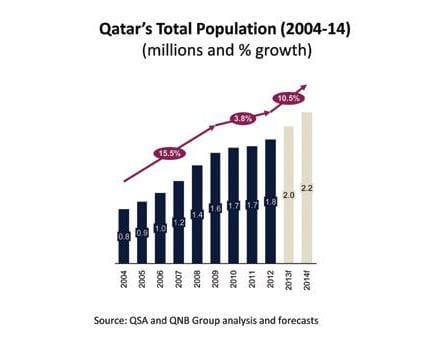


Just as research plans at Emory typically require review at approval from Emory’s Institutional Review Board (IRB), research in Ethiopia may require local IRB approval. Contact Sarah Harlan Zegeye for help to determine if and how the country office can help with projects in Ethiopia or if an alternative approach would be more appropriate. Considerations for projects and research in EthiopiaĮmory University’s registration with Ethiopia’s Charities and Societies Agency (CSA) is the legal foundation upon which the Emory Ethiopia office’s activities are conducted, and operations conducted through the office must comply with related CSA rules. If you are interested in ways to partner with the Emory Ethiopia Office, please contact Sarah Harlan Zegeye. While the Emory Ethiopia Office implements its own projects in the areas of newborn and maternal health, it can also support other Emory projects in myriad ways: from ad hoc logistics support to assistance with in-country staffing. Learn more about the Emory Ethiopia country office. The team has deep expertise with implementing community-based, health-related programs and works closely with the Federal Ministry of Health, Regional Health Bureaus, Addis Ababa University and other regional universities, as well as key international organizations, including Nutrition International, UNICEF Ethiopia, the World Health Organization, and others. The office supports Emory’s dynamic activities in Ethiopia through the work of a full-time team of core staff members in Addis Ababa. The office's work has grown to include field offices in Bahir Dar, Semara, and Assosa.

The Emory University country office in Addis Ababa was established in 2010 to support a major research project on maternal and newborn health funded the Bill and Melinda Gates Foundation.


 0 kommentar(er)
0 kommentar(er)
